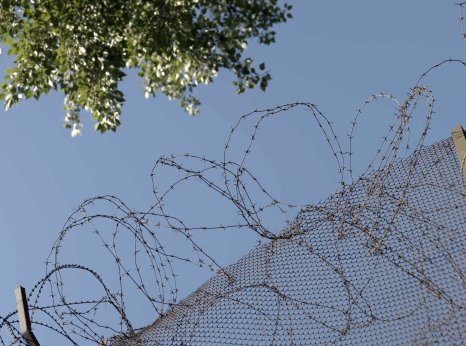Jordan: Political Activist Facing Trial Before Military Court For Facebook Post

Since October 2023, Jordanian authorities have intensified their crackdown on pro-Palestinian activists using vague and overly broad criminal provisions, including the Crime Prevention Law, the 1960 Penal Code, and the newly amended Cybercrime Law. At least 1,000 people – protesters and bystanders – were arrested during protests in support of Gaza in Amman within a one-month period between October and November 2023. As of February 2024, more than 2,000 people have been arrested in connection with the pro-Palestine protests.
The recent crackdown is part of a demonstrable pattern of Jordan’s crackdown on the rights to freedom of peaceful assembly and expression through the use of repressive laws. In a visit to Jordan in September 2023, Amnesty International documented the authorities’ prosecution of nine activists, journalists and others for criticizing the authorities’ conduct and policies, organizing discussions on issues deemed “sensitive” by the authorities, and calling for anti-government protests. In 2023, the authorities, including security forces and civilian and military courts, investigated or prosecuted at least 43 individuals for online expression using abusive and vague laws such as the Cybercrimes Law of 2015, Anti-Terrorism Law and Penal Code.
Jordanian authorities use the State Security Court (SSC), a special military court, as a tool to crack down on freedom of expression, association and peaceful assembly. Jordan’s Counterterrorism Law of 2006 was amended in 2014 to broaden the definition of terrorism to include acts such as “disturbing relations with a foreign state”, a charge that was already criminalized in the Penal Code, as well as “disturbing the public order”. These amendments enabled the judiciary to criminalize peaceful human rights activism as acts of terrorism tried before the SSC instead of as misdemeanours tried by other criminal courts, resulting in lengthy prison terms. In addition, the Penal Code criminalizes any act that “undermines the political regime or incites opposition to it”. These provisions have been frequently used by the SSC and security agencies to arrest and charge activists for speech-related offences.